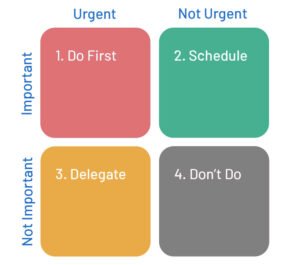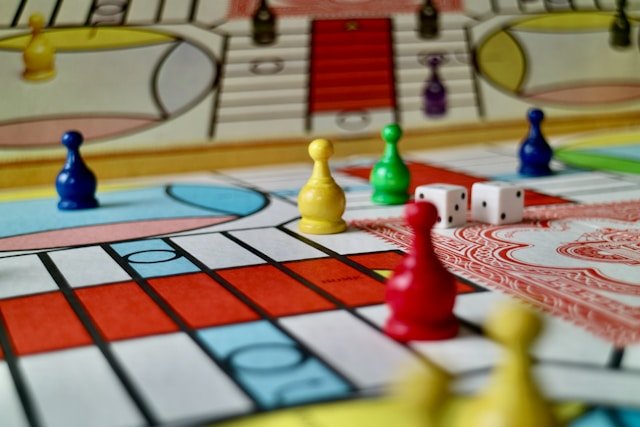I began my job three years ago. Initially, everything was routine. Each day, I was assigned specific tasks, completed them, and went home.
However, as time passed, the number of tasks steadily increased as management recognized my competence and reliability. I found myself overwhelmed by the workload. I had to work late to finish everything, which led to health problems. I began to question what I was doing wrong.

After conducting some research, I discovered there was much about time management I was unaware of.
Minimize Your Collection Points
One key strategy is to effectively track tasks. Tasks come from various sources, both from others and myself. For instance, the boss might request a presentation via WhatsApp. Meanwhile, routine documentation tasks pile up on my desk. My mom calls, asking me to pick up groceries. A friend messages me about a weekend party on Messenger. Plus, I have spontaneous insights that come to mind. Keeping track of everything is challenging. Therefore, we need to minimize collection points.
What I do is keep a tray on my office desk. Whenever a new routine task appears, it goes directly into the tray. From there, I prioritize tasks based on urgency and time consumption.
Each day, at morning I place a blanki sheet of paper on my desk at home. I do the same at work. For tasks that come through non-standard channels (e.g., phone calls, WhatsApp, Messenger, etc.), I jot them down on this sheet. Then, I address these tasks based on urgency and duration, or I schedule them in my Google Calendar.
Previously, I managed a multitude of collection points. I scattered my office tasks across various places and used sticky notes. I failed to consolidate tasks from different channels, mistakenly believing I would remember them all, but I didn’t. This led to severe consequences.
So, maintain as few collection points as possible. It will significantly boost your productivity and time management beyond your expectations.
Organize Your Work Using the Time Management Matrix

I have previously discussed this quadrant in the Avoid Small Things to Achieve a Larger Goal post. Everyone understands urgency, but the concept of importance can be confusing. Important tasks are those that benefit you in the long run, whether in your career, health, relationships, or other areas.
- Tasks that are both urgent and important – If they don’t take much time, do them immediately or schedule them as soon as possible.
- Urgent but not important tasks – Do them promptly or schedule them after other urgent tasks. If feasible, delegate them to someone else.
- Not urgent but important tasks – Plan for these and try to dedicate as much time as possible to them.
- Not urgent and not important tasks – Try to ignore them or delegate them to someone else.
By consistently following this approach, you will find yourself with an extra 1-2 hours in your day.



